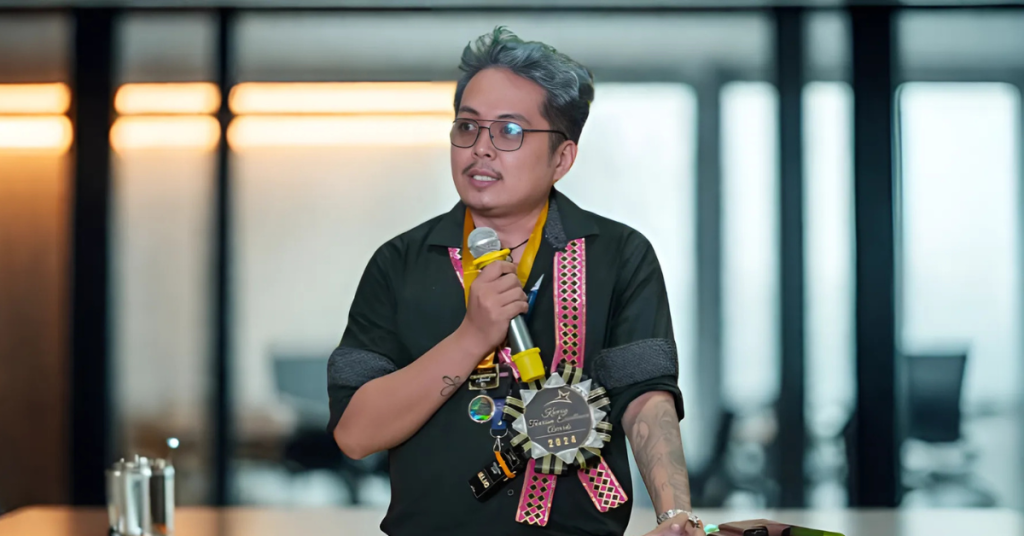When Gilbert Ian Dalida, a Certified Hospitality Professional, began his leadership journey, he believed what many first-time managers assume: that leadership meant giving direction, maintaining control, and staying on top of every detail.
“In the beginning, I thought being a leader meant always having the final say,” Gilbert admitted in his interview with Financial Adviser PH. “I was focused on making sure everything was done right—and that often meant doing it myself or closely managing how others did it.”
But over time, and through experience across multiple sectors—from aviation and creative production to grassroots tourism—he learned a different truth. The most effective leaders aren’t defined by how much they control, but by how well they empower others.
“That shift happened when I realized that trying to do everything on my own was actually limiting the growth of my team,” he shares. “I was solving problems, but I wasn’t building people.”
The turning point came after launching Pompeo and Luming’s Inn, the first boutique bed and breakfast in Tagkawayan. As the business expanded and challenges multiplied, Gilbert had no choice but to trust his team. “I had to let go of micromanaging and focus on mentoring instead. That meant giving people room to fail, space to try, and support to rise.”
This evolution led him to adopt a coaching mindset—one centered on trust, collaboration, and shared responsibility. Instead of focusing only on tasks, he now invests in his team’s growth. “I don’t just tell them what to do. I ask how they want to approach it. I listen, guide, and allow them to take ownership.”
Gilbert says this shift in leadership philosophy hasn’t only improved team performance—it’s also elevated the guest experience. “When your team feels empowered and valued, they show up differently. They care more, think faster, and serve better.”
Another key lesson he learned? Leadership is less about being right, and more about being real. “There are times I’ve admitted to my team that I didn’t have the perfect solution. And surprisingly, those moments didn’t weaken my position—they strengthened our connection.”
For Gilbert, leadership is now about setting a tone of openness, learning, and shared purpose. “You build trust not by having all the answers, but by creating a culture where people are encouraged to grow.”
Looking back, he’s grateful for the lesson that changed everything: leadership isn’t about being in charge—it’s about lifting others up so the entire team can lead together.
![]()



